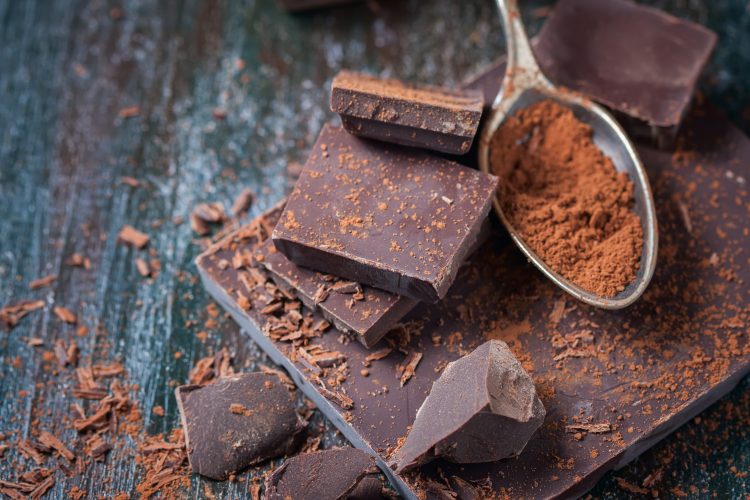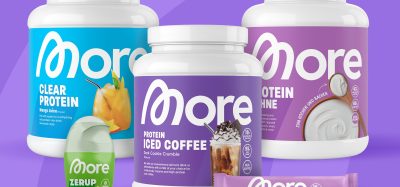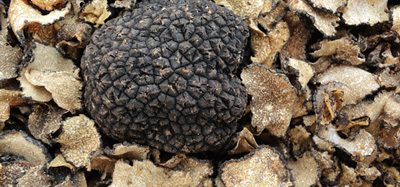Does cocoa really help you age better?
- Like
- Digg
- Del
- Tumblr
- VKontakte
- Buffer
- Love This
- Odnoklassniki
- Meneame
- Blogger
- Amazon
- Yahoo Mail
- Gmail
- AOL
- Newsvine
- HackerNews
- Evernote
- MySpace
- Mail.ru
- Viadeo
- Line
- Comments
- Yummly
- SMS
- Viber
- Telegram
- Subscribe
- Skype
- Facebook Messenger
- Kakao
- LiveJournal
- Yammer
- Edgar
- Fintel
- Mix
- Instapaper
- Copy Link
Posted: 14 September 2021 | New Food Magazine | No comments yet
Cocoa, and in particular dark chocolate, has long been touted as a food that makes us age better – now scientists are undertaking a large study to really find out if this is true or not.


Does cocoa make us age better? Scientists want to definitively answer this question, and so have begun a comprehensive study to find the truth.
They are looking for answers in the blood of 600 individuals aged 60 and older who participated in what is reportedly the largest trial ever to assess the impact of a cocoa supplement as well as a common multivitamin, on reducing the risk of heart disease, stroke, cancer and other health outcomes.
The COSMOS Trial (COcoa Supplement and Multivitamin Outcomes Study), led by investigators at Brigham and Women’s Hospital and the Fred Hutchinson Cancer Research Center, gathered data from 21,444 men and women looking at the impact of a cocoa extract supplement and/or multivitamins on common health problems, most of which increase with age.
Cocoa products have become a widely consumed food with growing demand and increased interest in their anti-aging potential, claimed Dr. Yanbin Dong, geneticist and cardiologist at the Georgia Prevention Institute at the Medical College of Georgia.
“People think the consumption of chocolate is good for you,” said Dong, adding that worldwide enthusiasm for the sweet treat has outpaced the scientific evidence of its benefit in humans.
Chocolate is widely considered beneficial because it has a high content of flavanols, antioxidants known to produce a powerful anti-inflammatory response. In fact, flavanols are the major ingredient, particularly in dark chocolate and cocoa is a purer form of chocolate, revealed Dong.
There is no question flavanols are good for you, the questions are how much and in what way they are good for you, he says.
While there has been evidence in cell cultures, animal models and even some relatively small human studies of the anti-inflammatory might of cocoa, there had not been large scale randomised controlled trials, scientific studies in which a large number of participants are randomly assigned into different study arms that include some participants getting a placebo and/or different treatment, often whatever is considered the current treatment standard.
Dong notes that there also is no solid evidence that multivitamins, the most commonly used supplement, which is widely associated with benefits like reduced cancer risk, are of benefit either.
While he doesn’t dispute the biological plausibility that both chocolate and multivitamins should have some health benefit, he says solid scientific evidence should be behind what we choose to put in our bodies with the goal of improving our health.
“We are going to prove or dispute it,” he says, and it’s hoped the size and duration of the COSMOS Trial is enabling him to do both.
Dong and his colleagues will be looking specifically at aging, including so-called “inflammaging,” and epigenetic aging, both considered good indicators of our biological age. Rather than just looking at the year you were born, biological age also takes into account key factors that impact your function and health, like genetics and lifestyle. He also has more standard aging measures on these individuals, like blood pressure and cognitive function tests.
Inflammation is a major factor in aging and common conditions such as heart attack, stroke, Alzheimer’s and cancer, and “inflammaging” has been characterised as chronic, low grade inflammation that likely increases the risk of these inflammation-related conditions.
The investigators’ central hypothesis is that cocoa supplementation reduces epigenetic aging and inflammaging, consequently reducing the risk of cardiovascular disease, the nation’s number one killer which tends to increase in incidence at age 65 and older. If they find inflammaging and cardiovascular disease indicators are reduced, they want to know if it’s reductions in epigenetic changes driving the improvements.
Dark chocolate in particular is regularly touted for its health benefits as a natural and good source of antioxidants as well as iron, copper and other things good for your heart and health. Eating chocolate has been reported to lower cholesterol, blood pressure, cognitive decline and boost the immune response to invaders like the coronavirus, Dong says.
Related topics
Related organisations
Augusta University, Brigham and Women's Hospital, Fred Hutchinson Cancer Research Center









